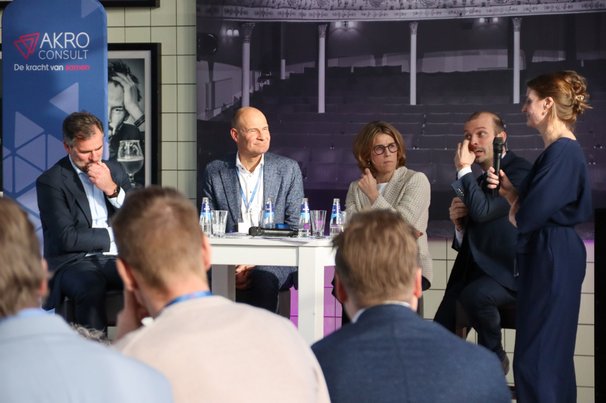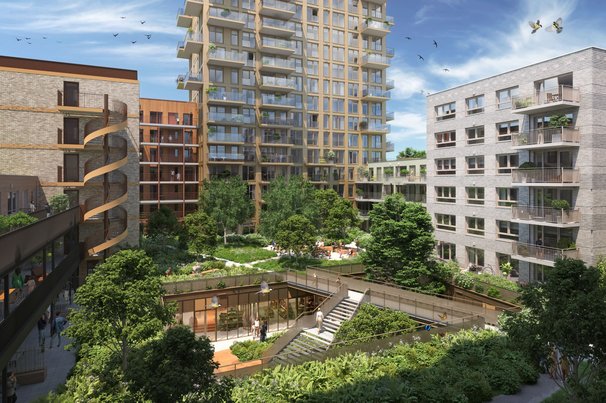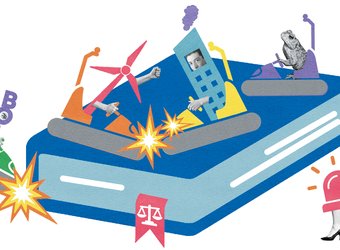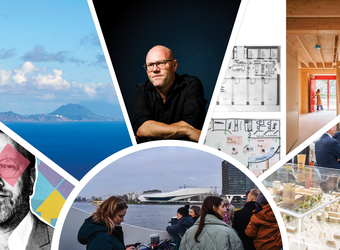3 mei 2015
2 minuten
Nieuws IABR invites urban designers, architects, landscape architects, academics, artists, planners, cities, universities, companies and social organizations, or coalitions thereof, to submit best practices, projects and plans in response to the challenges formulated in the IABR–2016–CALL FOR PROJECTS–.
THE NEXT ECONOMY–
IABR–2016–, having as its theme , will investigate the relationship between spatial design and the (future development of the) economy.
IABR–2016–THE NEXT ECONOMY–
advocates an urban economy that is guided by a social agenda, is motored by meaningful employment, makes prudent use of natural and human capital, and generates greater social inclusion.
IABR–2016
welcomes design that opens up perspectives of a city in which such an economy can flourish. What kind of urbanity does this involve? Are we sufficiently clear on what we’re looking for, where new opportunities will arise? Economists applaud the ‘agglomeration effects’ of the city. Proximity, diversity, and density are considered key to economic success. But what we may need is a completely new take on what the city is.
IABR–2016 is a platform for creative coalitions of designers and other stakeholders with fresh ideas on the possible future of the twenty-first-century city. We will promote dialogue and exhibit designs that open up perspectives of the city we want: a clean city, a communal city, a productive city – a city in which the public space once again occupies center stage.
If you want to submit your project for IABR–2016, please read the Call for Projects and the Curator Statement carefully – they can be downloaded on this page. Then fill in the Application Form and mail it to IABR not later than June 4 2015, 9AM.
The seventh edition of the International Architecture Biennale Rotterdam opens in April 2016.
Cover: ‘2015.05.03_IABR 2016 - The next Economy - Call for projects_C’





